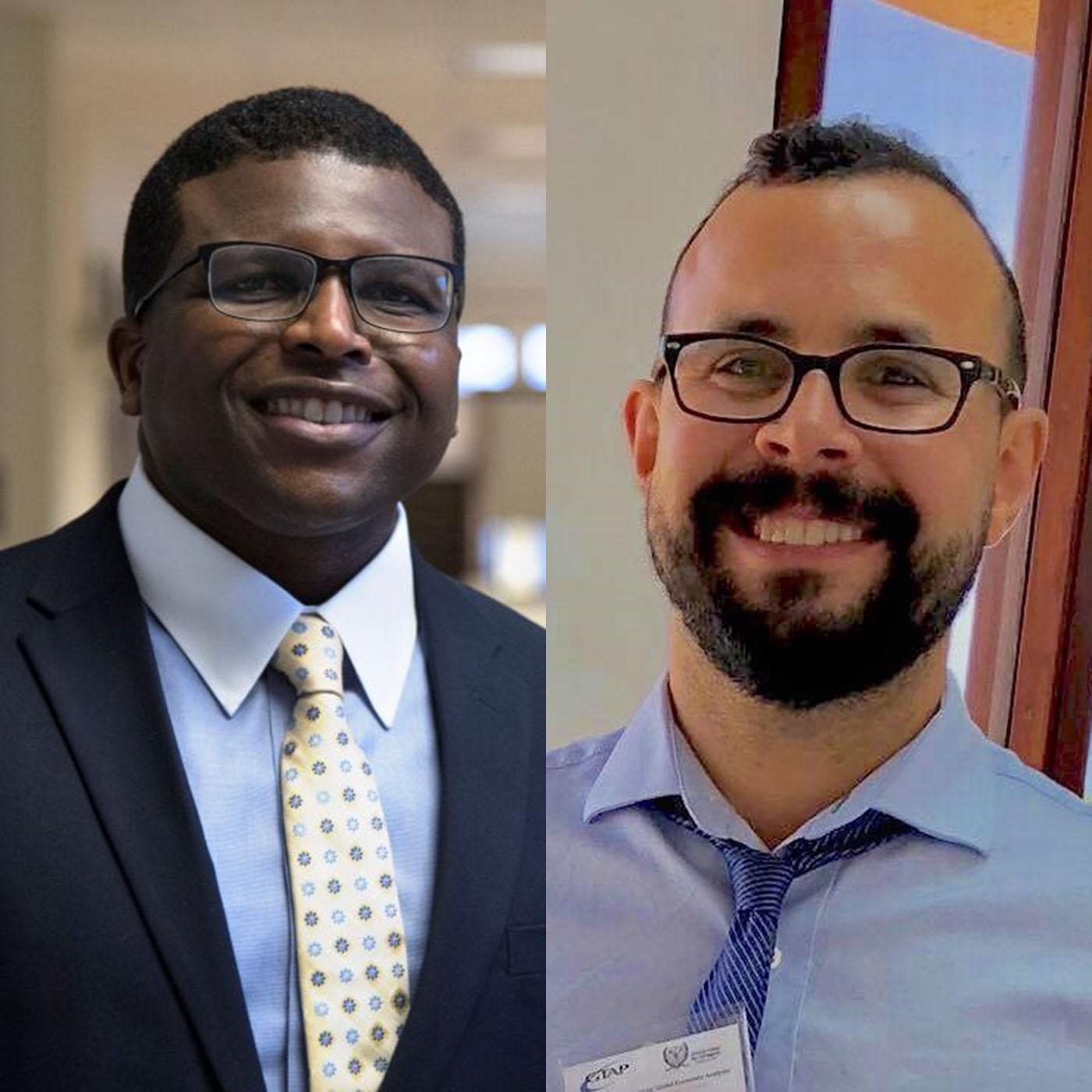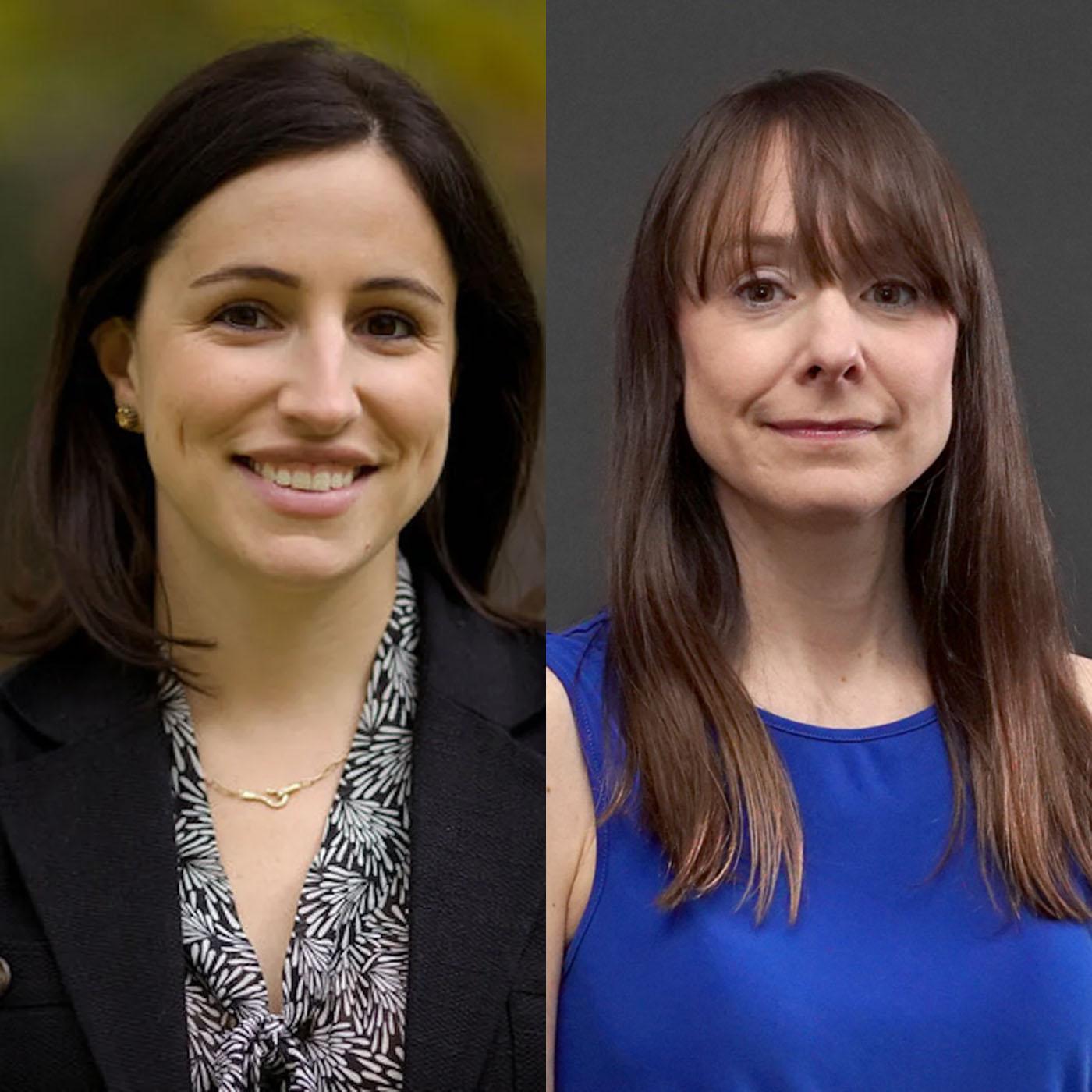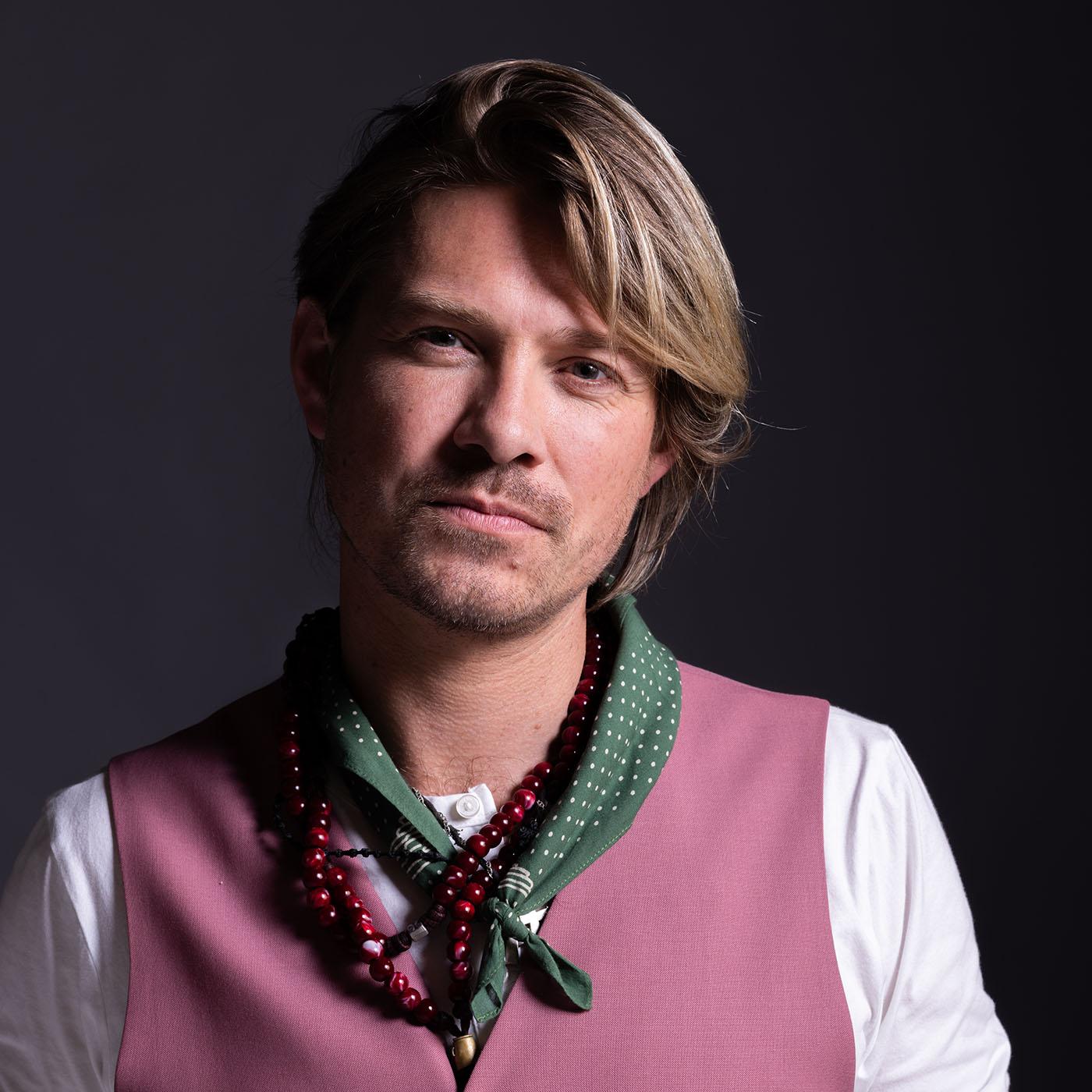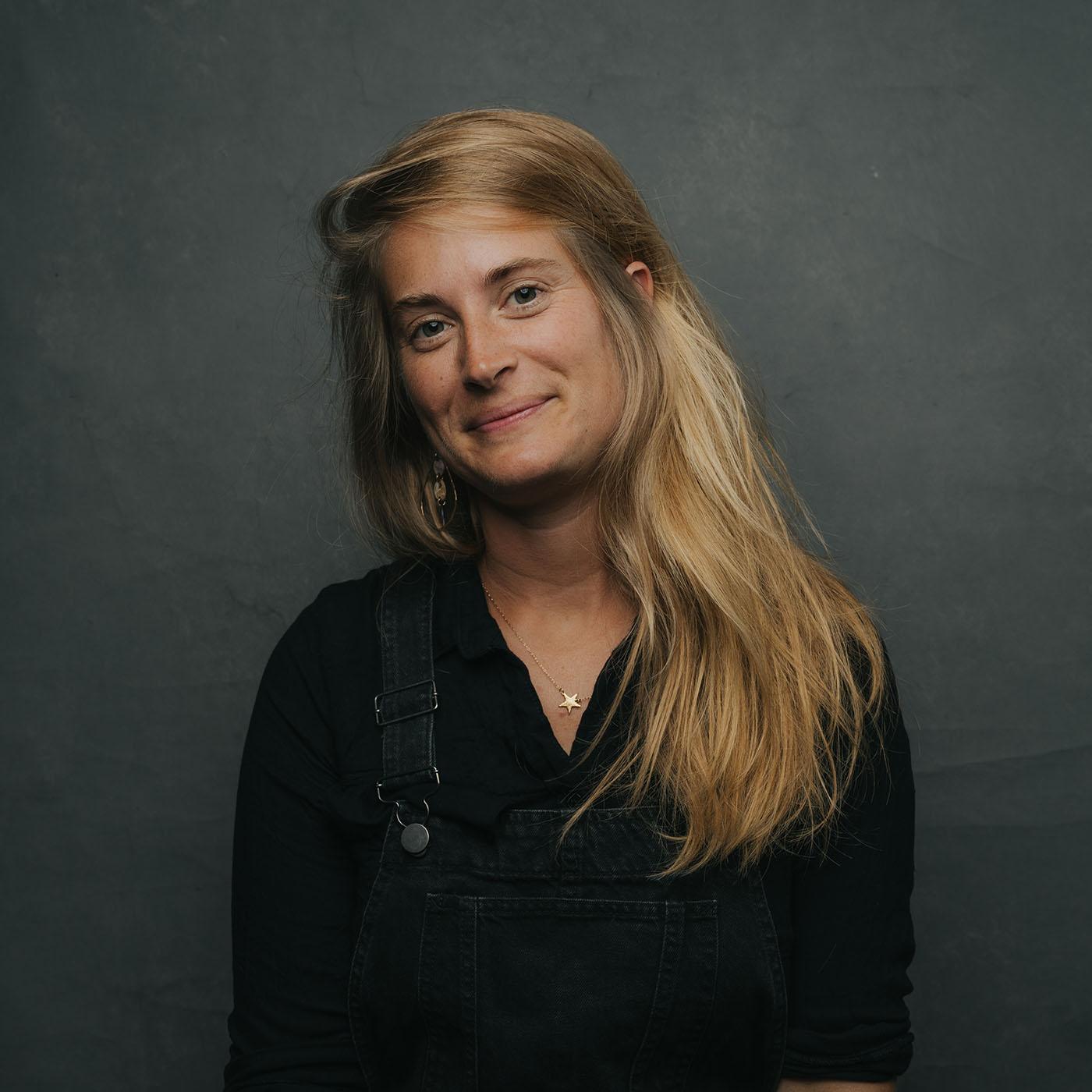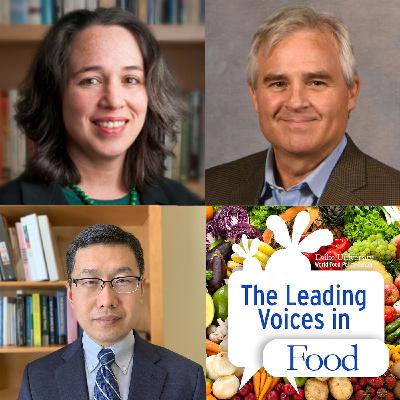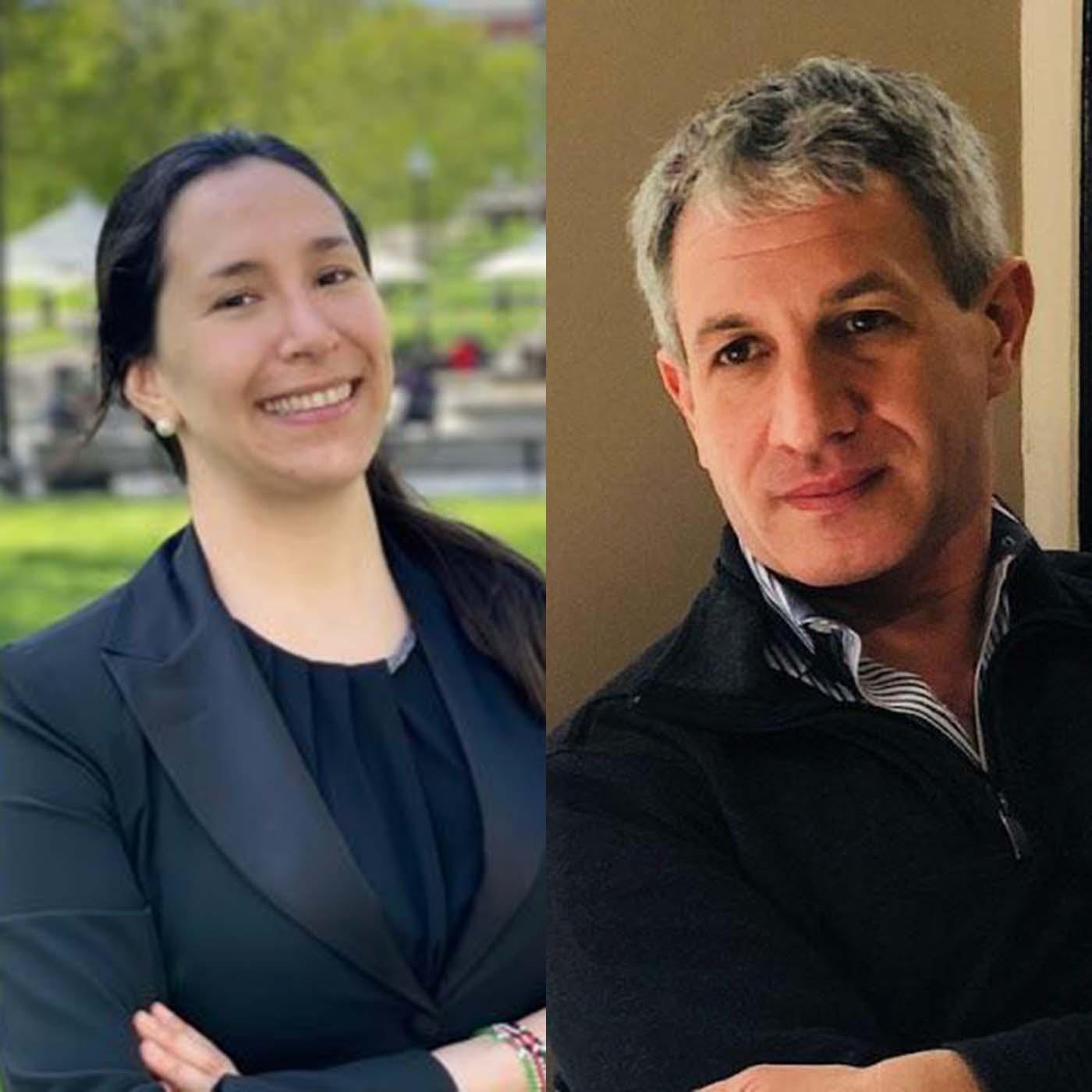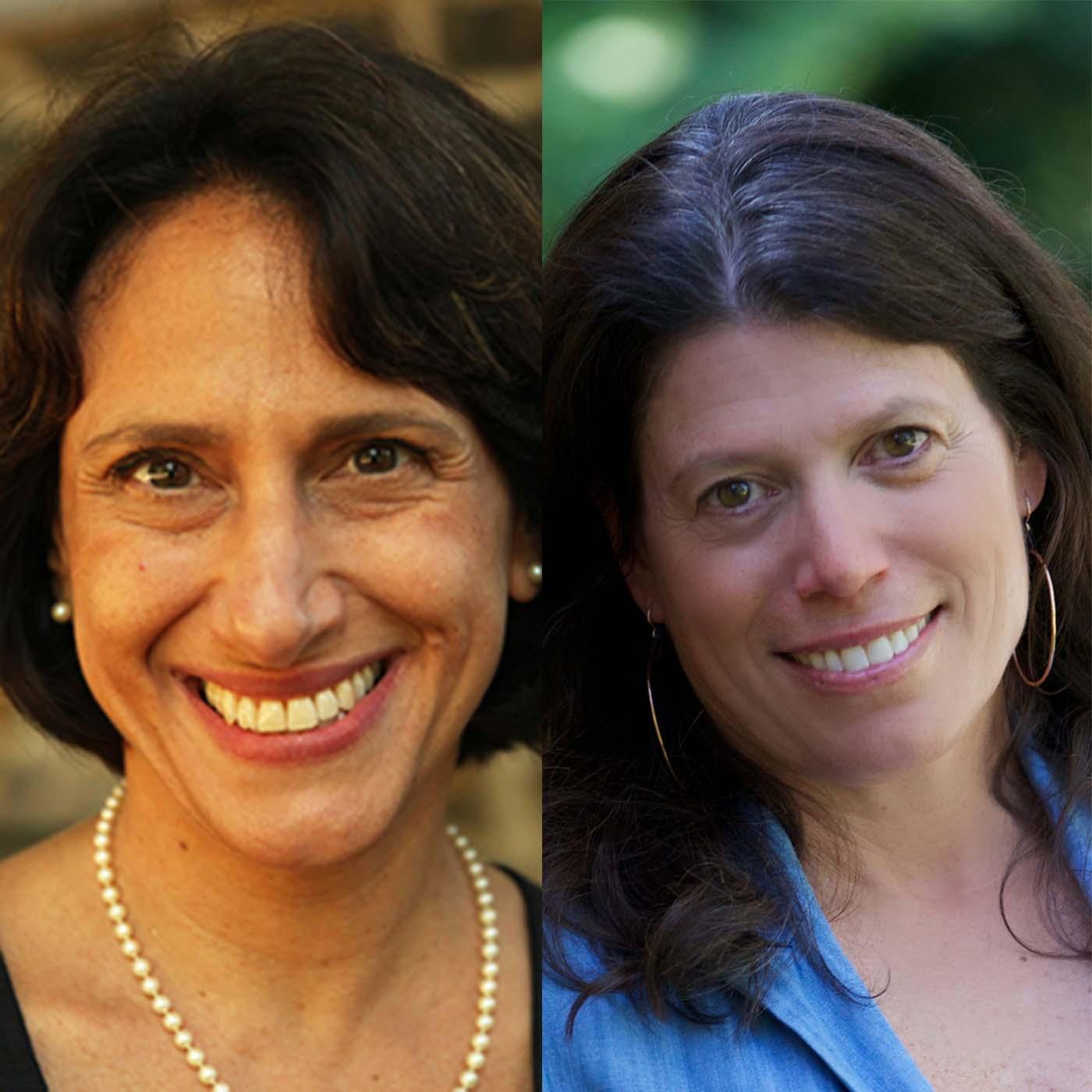E267: Nzatu uses bees and ancient grains to uplift African farmers
Description
The climate crisis is devastating the ability of African farmers to support themselves and their communities. Farmers struggle with a lack of running water, electricity, communications, and public transportation. Entire communities are often cut off from the larger world, exacerbating and extending the poverty crisis that grips large parts of the continent. To overcome these issues, our guest, Gwen Jones, co-founded Nzatu Food Group, a regenerative agriculture business designed to protect biodiversity and mitigate climate change. Nzatu Food Group has done some remarkable pioneering work. Gwen is connected to 15,000 Sub-Saharan farmers across 15 countries through beekeeping, sustainable agricultural and conservation training, and by building an increasingly international market for farm products.
Interview Summary
So please begin by telling us why you and your sister founded this initiative and about its unique strategy for helping farmers.
Well, firstly, our strategy is based on an engage-to-support premise with an approach that focuses on uplifting farmer livelihoods. As you know, farmers are critical actors in agroecological transformation and important stewards of biodiversity. 80% of the world's food production is done by smallholder farmers, yet only a mere 3% of climate finance goes to our food systems. So, this presents a key avenue to increase intervention in this space through public policy and unlock climate transitional finance.
Helping farmers is so, so important, especially with these small farms. Tell me more about your own history and what led you to start your organization?
Denise, my sister and I, who are the co-founders of Nzatu, we come from a rural community in Southern Zambia. And we grew up alongside smallholder farmers. We understand inherently what the challenges, but as well as the opportunities that smallholder farmers face. What started off very informally helping our relatives and our tribal communities became Nzatu, we started it off by showcasing to our relatives and our farmers on how they could increase their income with simple interventions by keeping bees. And through training and education, we were able to show farmers that through the income on bees, they would earn three US dollars per kg on honey. Which gave two harvests a year compared to 20 US cents on maze. Which was a rain fed and only produced one harvest a year. It made economic sense for them to also keep bees alongside their maize production. And in this way, it would help with economic shocks and help to give a diversified income. So, we were so excited to share this with our farmers. And it grew like wildfire as you can imagine. The farmers in our program were more prosperous. And, from the income that they got from the honey, they were able to get better inputs for other production. And that engagement helped to bring other interventions as well to the communities.
So, how exciting that you were able to make such an important transformation. And I can see why farmers would be grateful for that sort of help. Tell us if you would, about the climate crisis and how it's affected African farmers?
In some cases, there's too much water from flooding. In some cases, too little water. So, you know, that volatility- how do you plan with that? In one year, you would have flooding and, so your crops would be washed out in the following two or three years you have absolutely no rain. There is just no way to plan in such kind of situations. Farmers are the ones that are mostly affected by climate change, and all we can do is just be there as a support mechanism. How can we work around that? How can we bring in the in-between periods, bringing in higher yielding seed where they can at least recoup whatever they can do in that season? It's very, very difficult for the farmers.
Tell us about your vision of regenerative agriculture. What does that concept mean in your context, and how can you help farmers adapt to this changing climate?
Yes. We started off in a very, very grassroots way. I was always fascinated to understand the ancient grains of Africa. Africa has 26 lost crops. These lost crops are including millet and sorghum and Teff and fornio. These are the indigenous grains of Africa. Indigenous to the diet, but indigenous to the environment. They're very drought resilient and also, they fix nitrogen into the soil. So, they help to bring more resilience and soil health, which is what is lacking in Africa across the continent. We have vast soil degradation, which is also contributing to climate change. By reintroducing what is already inherent in the food history of Africa, it's a very key intervention. Sometimes is the smallest innovation that can bring about the biggest change. Is bringing back the food that is indigenous to communities. There is a resistance though, because our communities have gotten used to maize. I myself are very used to having nshima, which is made from corn, which only offers 3% nutrition. And it's very hard to change that staple to go to, let's say, nshima using sorghum or millet because the taste, is a palate issue. But we have to bring in recipe days. How can we train farmers to use this in their everyday diets? It starts off with that connectivity. How can we help children to take boiled cowpeas to school? You know, making sure that they can use cow pea flour to make cookies and sausages and innovative ways to bring in the recipes on how they can use these crops. It's not enough to just say you've got to, you know, grow the intercrop with ancient grains, because of the nitrogen fixing aspect. You've also got to bring that cultural acceptance by connecting with communities and helping them find ways on how they can prepare their food. So that when you talk about innovation, it's cuisine innovation as well. Not just, soil health and using big words like carbon capture, etc. It's also about the everyday tactile innovation in a simple thing like having recipe field days in our communities.
You spoke, especially about introducing, well reintroducing, if you would, indigenous grains. Why were they lost in the first place and what have you done?
The crops were lost through commercialization. Maize was introduced as an export cash crop to support the war efforts in Europe. And along that commercialization, the tools and the inputs that were needed to produce maize is what was commercialized. And communities also had to pay the Hut Tax in Maize. So, because of those at policy level and at export level, the change happened slowly over time because it was easier to grow the crops that were meeting the mandatory requirements. Sorghum and millet became a second or third crop to produce because it wasn't something that was a mandatory crop. And over time, maize replaced the nutritious grains of sorghum and millet. I'm just taking like one example of that. The commercialization aspect.
Well, there are generations with little experience eating these products or growing them. Is that right?
That's true. Like I said, me included. Even though, academically I know and scientifically I understand that sorghum and millet is of higher nutrition, it's having that paradigm shift changing the dietary approach to it. And that is one of our key interventions that we can make in our communities. But by having this face-to-face contact with our farmers, we are able to pass that information on. We're able to transfer that knowledge and bring about including sorghum and millet. So, as you know, Nzatu works mainly with coffee farmers. Coffee is one of our main crops that, that we are engaged in. And our coffee producers focus mainly on coffee. Our work is by encouraging farmers to grow the millets and sorghums so that the coffee farmers themselves will start consuming millet and sorghum. But as well as finding a market for them for those crops.
And are the farmers receptive to the reintroduction of these grains?
It is challenging because as you can imagine, how you harvest coffee and how you harvest millet and sorghum is completely different. Millet and sorghums and most of the ancient grains, the grain is very small. It's having the tools, t


